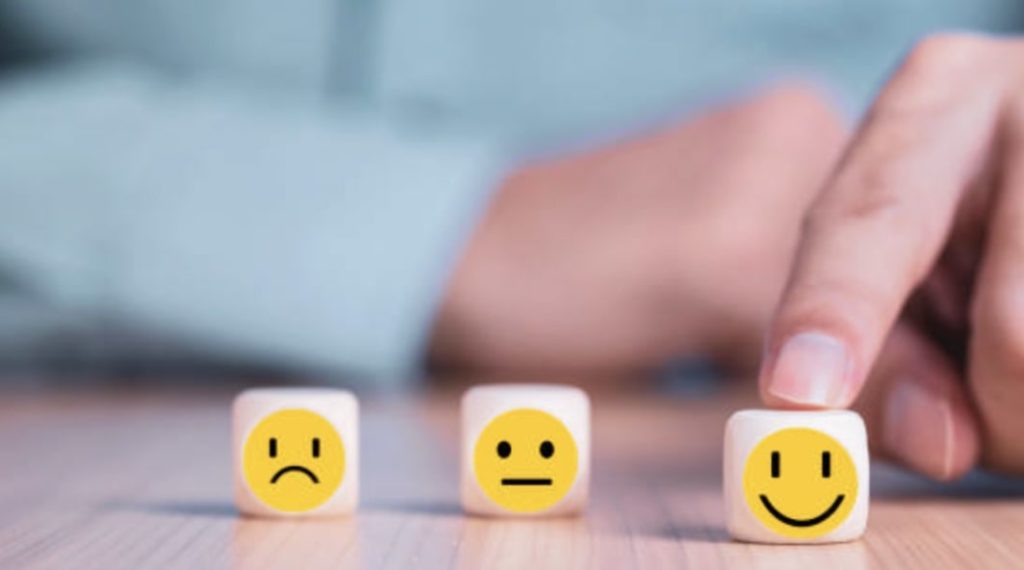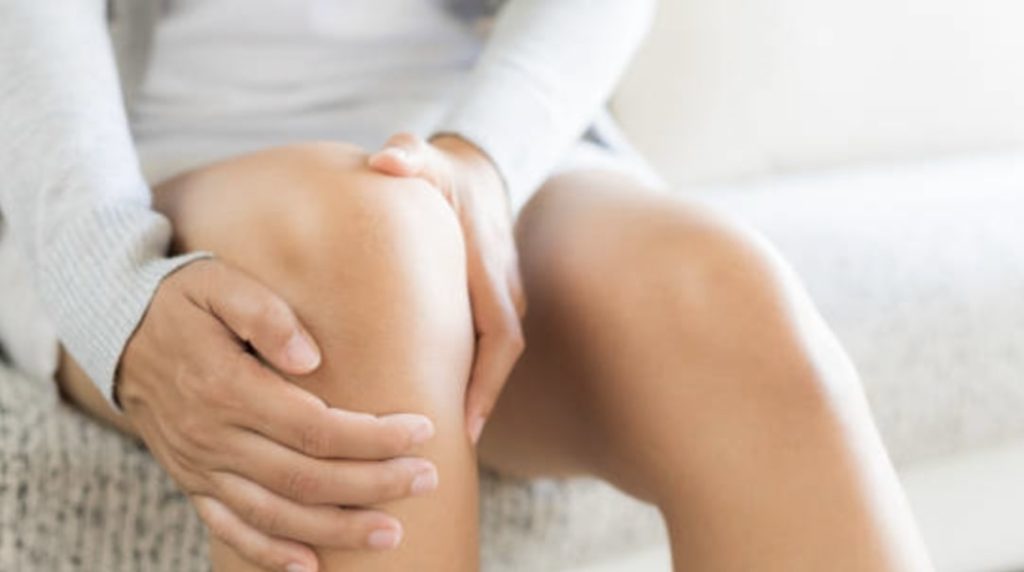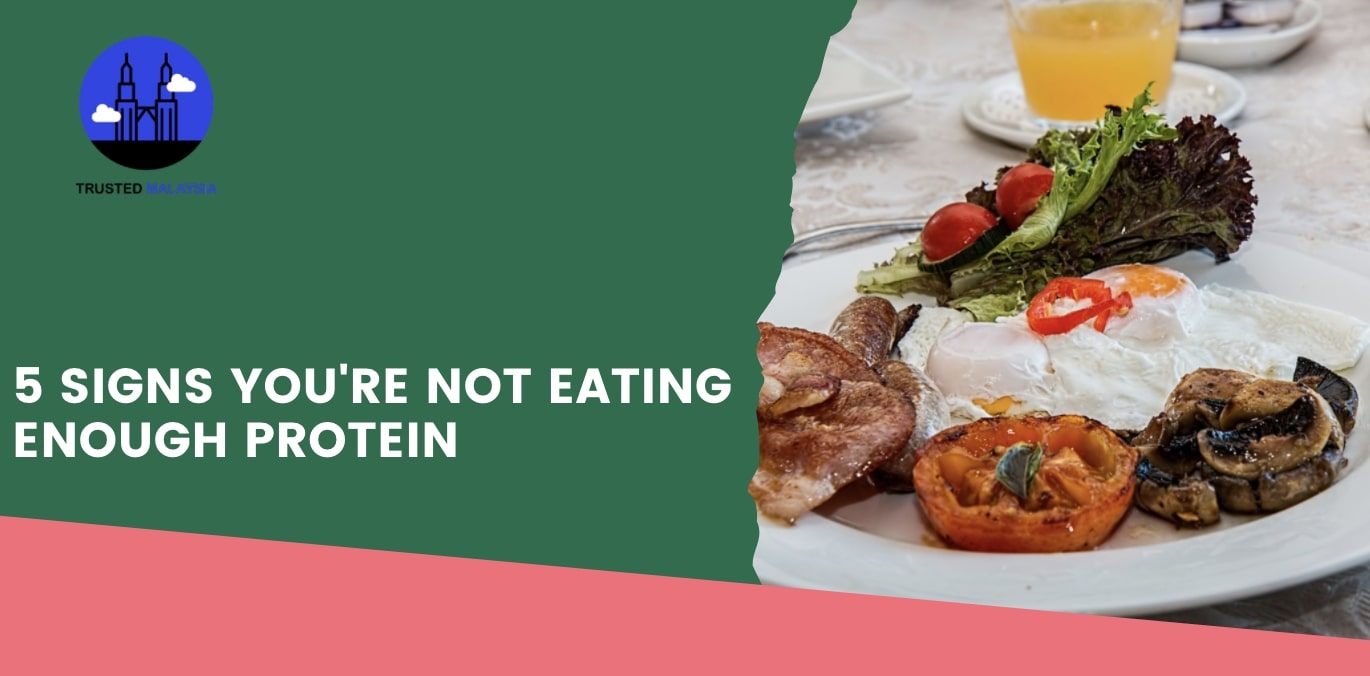5 Signs You’re Not Eating Enough Protein
Our bodies need different kinds of nutrients—and protein is one of them. It has a wide variety of important functions, and we can’t be at our healthiest without it.
For instance, it builds and maintains our body’s tissues or cells, gives us energy, and forms antibodies to resist illnesses and infections, just to name a few.
In general, you’ll easily know if you are or someone is not eating enough protein. Here are some of the many signs that give that out.
1) You’re losing muscle mass

Proteins are the building blocks of the body. They’re responsible for the development and repair of muscles, hair, skin, eyes, and other organs and parts.
If you lack protein in your diet, it will show through your body. One of the most noticeable effects of it is decreasing muscle mass.
You may notice that you are losing weight and look frail and unhealthy. Check yourself in the mirror or how your clothes fit if you suspect you are lacking protein in your diet.
2) Your nails are brittle and your hair grows slowly

Another sign is that your nails break easily or feel painful upon light contact against a table or item. This results from insufficient protein production in your nails and will happen over time.
Your hair is another part of your body that will be affected by protein deficiency. By not eating enough of this substance, your hair will begin to grow slowly and may split at the ends.
The American Academy of Dermatology also concluded that a person can experience hair loss over a matter of months as a result since the body needs protein for carrying out other functions.
3) You easily get sick

The body needs protein to produce antibodies that fight off viruses and bacteria. Without ample protein, your immune system will be weaker and cause you to catch a cold or be ill more often.
Your doctor will most likely recommend you eat protein-rich food like fish and chicken, use protein powder, or prescribe medicine so you can gradually recover from the condition and feel better soon.
4) You experience mood changes

Mood changes can be brought about by eating less protein than you require.
According to Pub Med, protein intake affects your brain’s ability to produce chemicals like dopamine, serotonin, and epinephrine, which can make you feel depressed, anxious, or angry out of the blue.
Thus, lacking protein in your diet not only affects you physically but also mentally and emotionally. So, you might have to change your diet soon and exercise if you’d want to be healthy and happy.
5) Your bones are more sensitive

While we think that calcium is all we need to have strong bones, we also need protein to protect them, as validated by the International Osteoporosis Foundation in their research.
People with a low protein count can experience bone stress and fractures. This is potentially dangerous, especially if they slip on a slippery surface or suffer a fall injury.

